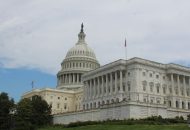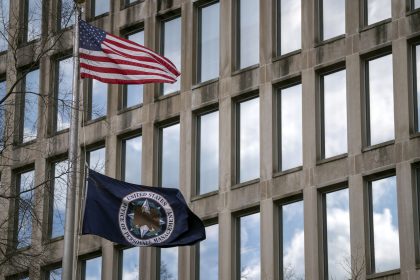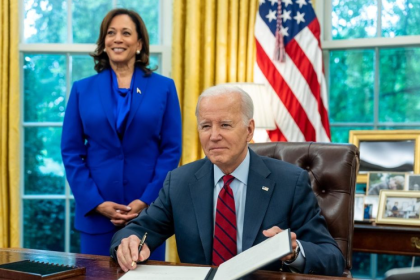The Concord Coalition Argues the Case for Longer Work Lives

WASHINGTON — A panel of experts, recently convened by The Concord Coalition, a bipartisan political advocacy group, contend that near-term economic and fiscal damage caused by the current health crisis will make living standards more important than ever. They contend that nothing is likely to do more to maintain economic growth in an aging America than unlocking the productive potential of its older citizens.
“There’s something about age 65 in our culture,” said Jason Fichtner, who formerly held several positions at the Social Security Administration, including associate commissioner for Retirement Policy. But increasingly, whether due to financial need or other personal benefits, Americans are choosing to continue working well past what the United States has deemed “full retirement age.”
On average, Americans spend about the last third of their adult lives in retirement. “But the circumstances leading to universal early retirement simply no longer pertain today,” said Richard Jackson, president and founder of the Global Aging Institute (GAI) and the author of “The Case for Longer Work Lives,” a recently released issue brief from GAI and The Concord Coalition.
“Working longer is both a natural and necessary response to the aging of America. Natural, because life spans and health spans have risen dramatically,” said Jackson, and necessary, because declining U.S. fertility rates mean the nation’s population is skewing older. If a larger share of adults in their sixties and seventies were to remain employed, the benefits for the economy, the budget, and individuals themselves would be immense.
In the U.S.’s defined contribution system, working an extra five years would increase the amount of monthly or yearly retirement funding that an individual would have available. On the tax side, the economy would take advantage of higher FICA tax revenue and income tax revenue.
And GDP would grow as well. Between 1965 and 1985, when Baby Boomers were entering the workforce en masse, U.S. employment growth averaged 2.2% per year. Since 2000, employment growth, which is one of two components of GDP growth, has fallen to just .07%.
But working longer has non-monetary beneficial effects, too. For example, gerontologists agree that continued productive engagement is good for the physical health, cognitive function, and emotional well-being of seniors.
And while economic and financial need are obviously strong drivers, working longer into one’s life may actually be rooted in deeper trends as well. Modern American careers include the kinds of jobs where physical stamina is less important; there are shifts in the structure of the workplace; our population enjoys better health at older ages and rising educational attainment among older adults, and there seems to be a general reassessment of the work-life/retirement balance.
“Retirement means a lot of different things to different people,” said Fichtner.
But there are obstacles — real and perceived — to longer work lives that include age bias and physical limitations.
Objectors argue that more jobs for older people mean fewer jobs for younger workers. Jackson, who calls this the “Lump of Labor Fallacy,” contends that the idea of a fixed amount of work — or lump of labor — in the economy just isn’t true. “The more jobs there are, the more income is earned, the more demand for goods and services.”
The other, more authentic, obstacle is that working longer does come with significant hardships. There are differentials in life and health expectancies for older workers. And any federal work policy changes geared toward longer work lives do need to take these into account.
“Most of the policy responses seem to involve difficult trade-offs,” Jackson admitted while suggesting that on the government policy front, some constructive steps would need to be taken. Changing the Social Security benefit formula to reward longer work lives was one recommendation; reducing or eliminating FICA taxes for older aged workers, another.
“We need to make sure that social protections are there for those who don’t want to work into their late age, while also making sure no policies are in place to discourage working longer,” Fichtner stressed. “We have more people living into age 90 and 100. Our social insurance was not designed to have 40 years of work fund 30 years of retirement.”
“Age 62, 65, 66… are pretty arbitrary,” said Eugene Steuerle of the Urban Institute. “There’s no magic about 62 at all.
“When some things change, they force other adjustments. We’re in the midst of a Baby Boom retirement. We could put the burden on the young, or maybe the older can share in this burden… A lot of economic studies talk about the supply of workers. The simple fact is that demand for older workers is increasing. We need to create a system that accommodates this increased demand.”
“We’re not arguing that everybody should work forever, or that everybody should work longer,” Fichtner said, with an emphasis on encouraging, not mandating longer work lives and reminding that there is a distinction between wanting to work and needing to work. “We’re just saying that policy should work less on solving ‘Mission Impossible’ and a little more at keeping people productive at older ages.”
























